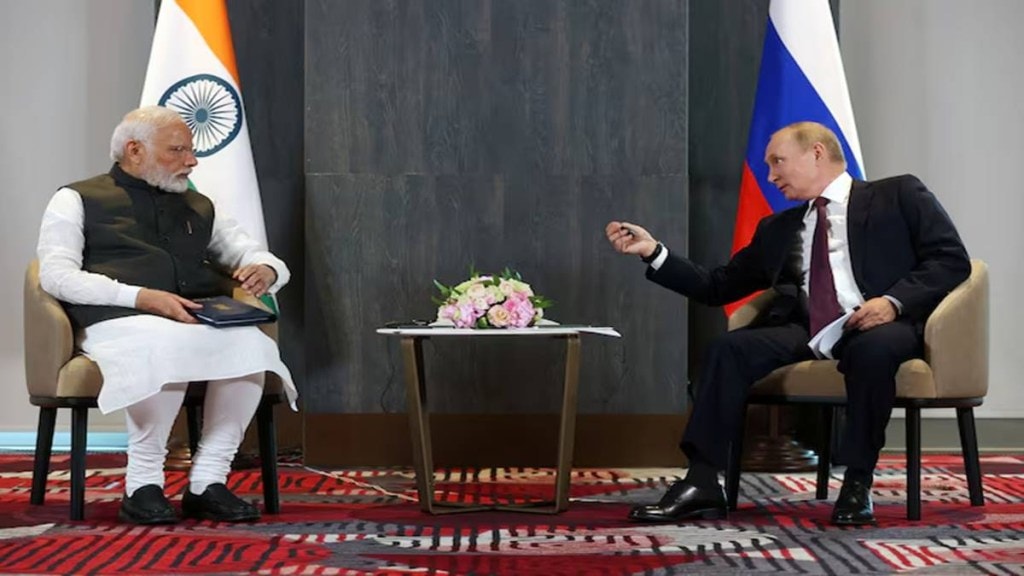Russia has proposed offering India technology to build and operate floating “low power” nuclear power generation projects. This topic is expected to be a significant point of discussion during Prime Minister Narendra Modi’s upcoming visit to Moscow, where he will meet with Alexey Likhachev, Director General of Rosatom. Prime Minister Modi’s agenda includes a visit to the Rosatom Pavilion at an exhibition venue in Moscow ahead of a private dinner with Russian President Vladimir Putin during his two-day visit from July 8-9, 2024.
During a special briefing ahead of the visit, Foreign Secretary Vinay Kwatra underlined the deepening investment ties between India and Russia. “We also have growing investment ties between the two countries, including in the field of energy, banking, railways, and steel. These are the growing areas of our investment partnership.”
“Russia also remains an important partner for India’s energy security and defence. In the area of nuclear energy, Kudankulam Nuclear Power Plant units 1 and 2 have already become operational. And the work is progressing on units 3 and 6,” Kwatra noted.
In May this year, a significant meeting took place between Alexey Likhachev and Ajit Kumar Mohanty, Chairman of the Atomic Energy Commission in Russia. Following this meeting, Russia proposed the “serial construction of the Russian-designed, land-based nuclear power units at a new site in India,” alongside cooperation in the nuclear fuel cycle and “non-power applications of nuclear technologies.” The two officials also reviewed the progress of the joint Kudankulam Nuclear Power Project, which comprises six power units equipped with light-water reactors, each with a capacity of 1,000 MW.
Indian nuclear industry representatives also visited the Pilot Demonstration Energy Complex (PDEC) in Seversk, Tomsk region, as part of the “Proryv” (“the Breakthrough”) strategic industry project. While land-based nuclear power plants are commonly discussed, the reference to floating nuclear power plants (FNPPs) is particularly noteworthy. There is a growing interest in ‘small modular reactors’ (SMR), including those that could be ship-mounted. Russia currently operates the world’s only floating nuclear power plant onboard the Akademic Lomonosov, stationed at the Arctic port of Pevek.
The potential of FNPPs was highlighted at an IAEA symposium in Vienna on November 14 and 15, 2023. Legal experts, nuclear and maritime regulators, and industry leaders discussed the benefits and challenges of FNPPs, and their role in combating climate change and achieving Net Zero emissions. An IAEA official statement quoted Director General Rafael Mariano Grossi, saying, “There is active consideration of floating nuclear power plants”. He stressed the need for thorough analysis of the safeguards and international legal and regulatory implications. Grossi also highlighted that, while nuclear energy has been used for about 60 years in naval ships and icebreakers, FNPPs are different as they will produce low-carbon power and heat for various applications, including district heating, desalination, and hydrogen production.
The discussion on floating nuclear power plants represents a new frontier in India-Russia nuclear cooperation, showcasing innovative steps towards sustainable energy solutions and further strengthening bilateral ties in the energy sector.

